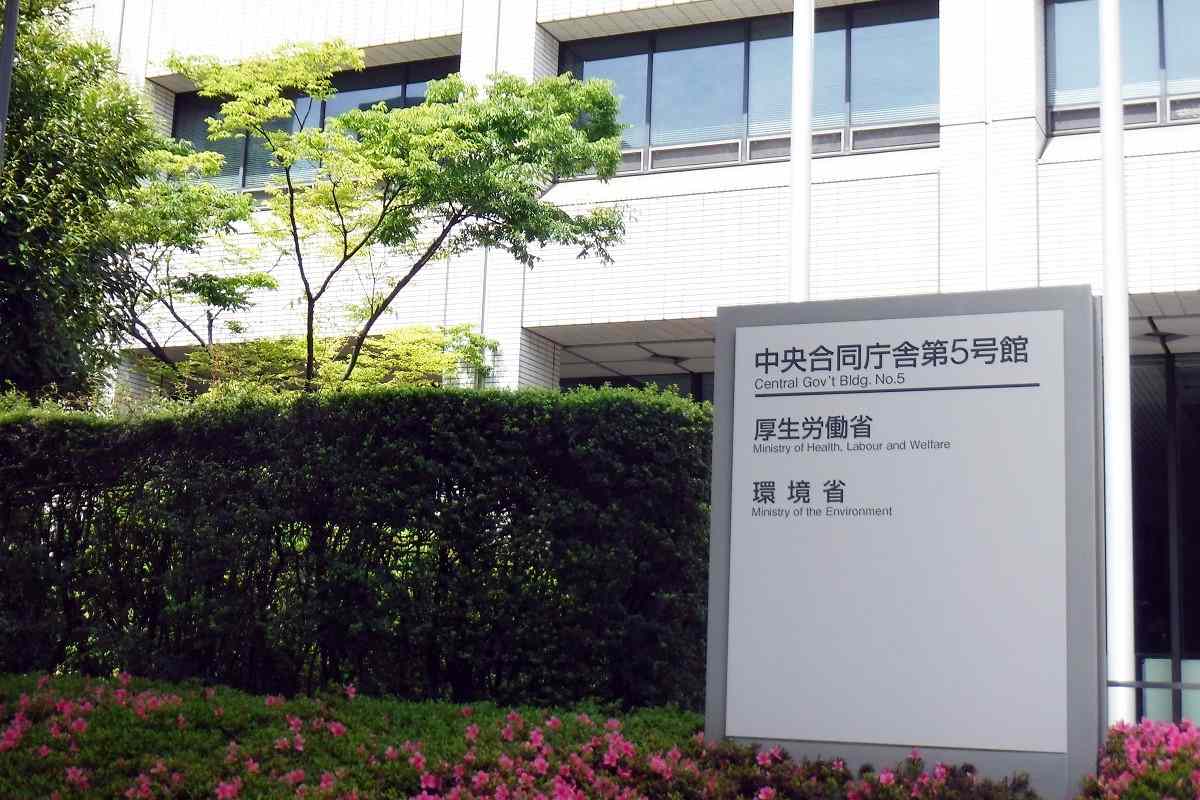
The Health, Labor and Welfare Ministry building in Chiyoda Ward, Tokyo
15:45 JST, February 5, 2023
The health ministry intends to strengthen the capacity of public health centers to respond to a pandemic, following operational strain during times of mass infection from the novel coronavirus.
Each health center is expected to formulate a health crisis response plan over the next year, taking into account the lessons learned from the pandemic.
The plans, to be implemented in fiscal 2024, are designed to prepare for possible new infectious disease outbreaks by establishing a staffing structure and priorities for normal operations.
The Health, Labor and Welfare Ministry plans to incorporate its policy for formulating the plans into its basic guidelines for the operation of health centers and other matters alongside the enforcement in April of the revised Community Health Law.
The plans will establish how to assign staff and which tasks to prioritize, based on predictions of work content and volume for such situations as the beginning of an outbreak or a growing case load for an infectious disease.
The ministry plans to prepare a system in which health centers are able to easily add support staff from outside, and proactively use the prefectural-personnel bank IHEAT, which includes former employees of health centers.
Health centers will be able to outsource some operations to local medical associations in the event of an outbreak. The associations will take over health monitoring for patients recuperating at home and other services for which the health centers are responsible.
Outsourcing, it is hoped, will allow the health centers to focus on specialized tasks, such as identifying those who have been in close contact with infected individuals and carrying out infection control measures at elderly care facilities.
As part of efforts to control the spread of the coronavirus, public health centers had been asking people who tested positive by phone about their behavioral history, identifying people who had close contact with patients, investigating routes of infection, and determining whether hospitalization was necessary.
However, as workloads increased alongside the infection count, the health centers delayed initial contact with those recovering at home, causing their symptoms to worsen.
The ministry concluded that each health center needed to meticulously build a system to prepare for the spread of infection, as the lack of preparation during normal times had caused confusion.
Top Articles in Society
-

Man Infected with Measles Reportedly Dined at Restaurant in Tokyo Station
-

Man Infected with Measles May Have Come in Contact with Many People in Tokyo, Went to Store, Restaurant Around When Symptoms Emerged
-

Woman with Measles Visited Hospital in Tokyo Multiple Times Before Being Diagnosed with Disease
-

Australian Woman Dies After Mishap on Ski Lift in Nagano Prefecture
-

Foreign Snowboarder in Serious Condition After Hanging in Midair from Chairlift in Nagano Prefecture
JN ACCESS RANKING
-

Japan PM Takaichi’s Cabinet Resigns en Masse
-

Japan Institute to Use Domestic Commercial Optical Lattice Clock to Set Japan Standard Time
-

Israeli Ambassador to Japan Speaks about Japan’s Role in the Reconstruction of Gaza
-

Man Infected with Measles Reportedly Dined at Restaurant in Tokyo Station
-

Videos Plagiarized, Reposted with False Subtitles Claiming ‘Ryukyu Belongs to China’; Anti-China False Information Also Posted in Japan
























